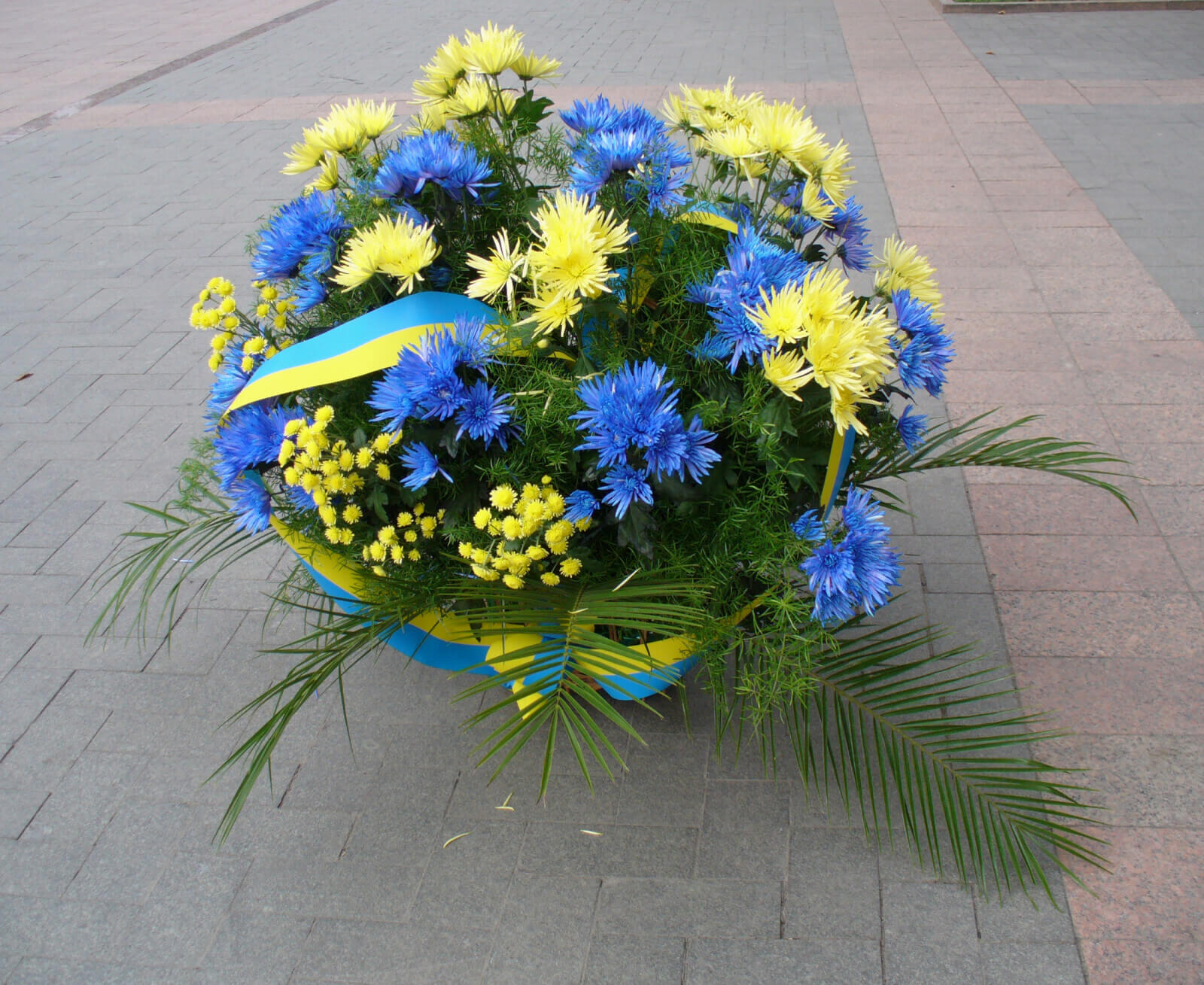Logistics is a term that is often batted around when discussing the complex art of coordinating an event, a conference and an incentive programme. What delegates see is the end product, not the days, weeks and months of careful planning, timed deliveries, transportation arrangements, venue set-ups, and directions for every speaker, presenter and caterer.
Logistics takes up the bulk of an event coordinator’s time. From people to food, company literature to products, there are ways to work around potential logistical hurdles to ensure that everyone and everything arrives on time and works together seamlessly.

Planes, trains and automobiles
One of the first issues to be addressed is the number of guests. The idea of organising 1,000 people to get from point A to point B can seem like a daunting task. Vivek Tyagi, director at Tybros India and a veteran in event tours and arrangements, says: “If you try to handle transportation on your own, it can be very disappointing. We have relationships with a number of coach and private driver companies as well as with the airlines, so we can meet the needs of anyone coming here.” He points out, however, that you have to plan in advance. “With enough notice, we can make almost anything possible.”
Many airlines have dedicated specialists whose job is to ensure that large corporate groups get bulk seats on specific flights, or in some cases, arrange to use a privately chartered commercial airliner. Event management companies often have contacts and relationships with airlines and airports as well. Tyagi explains: “We can arrange for a group to take a single flight, or if they are coming from different cities, organise it so that everyone coming in arrives at about the same time. We can also book corporate flights and even get a larger aircraft if a group requires it.”
Airport arrivals including immigration, baggage and hotel transfers can also be a point of hassle, but – with enough foresight – these are easy to navigate with the help of convention centres and corporate events management companies.
Perapan Angkhasuko, conference manager at the Queen Sirikit National Convention Centre (QSNCC) in Bangkok, says: “Our registration and hotel reservation team compile the arrival date and time. The information [is then] sent to the airport reception team,” which makes arrivals and transportation between airport and hotel much easier.
Amos Wong, Kuala Lumpur-based general manager of AOS Conventions & Events, adds: “We provide meet-and-greet services (with a counter inside the airport before the immigration and customs check-point) and provide luxury coaches, vans and private vehicles for transfer to respective hotels.”
Indeed, fast-tracking at immigration is generally available for large groups at many regional airports. On the return flight, especially at major hubs with notoriously long lines, Tyagi says: “We generally fast-track our clients through the check-in process so there is less time waiting in line. Again, with a good relationship with the airlines, you can make a lot of things possible, which means that even large groups don’t have to stand around and wait for things to happen.”
Meanwhile, some destinations are easier to navigate inland than others. Coaches and vans are popular modes of getting around from venue to venue. In some destinations, a public transportation pass is a convenient way to travel around town.
Gerard Lamusse, managing director of Global Produce Events, which recently held the Asia Fruit Logistica at the Hong Kong Convention and Exhibition Centre, explains: “As Hong Kong is such an easy and comfortable place to travel in, very little in the way of formal arrangements needed to be made. Most of us stayed within walking distance of the exhibition centre, which meant that we did not need to take any form of transport. But on the occasions that we did, the local taxis and ferry services provided a more than adequate service.”
In Bangkok where the convention centre is located within the city, event organisers make a special arrangement with the local train operators.
Perapan explains: “As QSNCC is a city convention centre and [has a] subway station right in front, we work with the BTS and MRT [public rail systems] to customise tickets that can be [used over the course of an event].” This allows delegates to explore on their own during free time and the feedback have been good. Perapan notes: “They were satisfied because of the cost-saving and the positive economic impact of using local transportation. Delegates also see this as one way to hold a green and environment-friendly meeting.”

VIP factor
With high-powered and high-profile events, transportation can get tricky as they involve exceptionally large groups of VIP guests. But often there are ways for the local police to provide an escort service or even block off roads. Experts on the ground in the destination city are essential to make these arrangements. Wong of AOS Conventions & Events says: “Our largest logistical arrangement involved more than 6,000 international delegates for one evening function that included police escort services. We have a good relationship with the local police to arrange for escort riders for transfers between venues.” While there is a small fee for these services, it is more than made up for in ease and convenience.
Furthermore, when holding a conference at a well-known convention centre, it is advised that the event organiser liaises with local authorities to give groups priority. Perapan says: “As QSNCC has been the venue for events hosted by the World Bank, IUCN, and the United Nations, we work closely with local police. We generally request escort service if the embassy contacts us or if there are VIPs participating in each event.”

Time line
Once the issue of delegates and guests has been handled, one of the more pressing matters is how to ensure that all of the items that need shipping get to the appropriate destination. The challenge is to get them through customs on time and all of them arrive in one piece. For instance, MGM Grand Macau recently hosted a lavish Indian-themed event that required shipment from India of everything from food to decorations to costumes and table settings for a five-day event with a guest list of 400 people. A spokesperson from the hotel’s events team explained that the efforts required extensive advanced planning, coordination with the Macau government for permission to fast-track goods through customs, and daily interaction with a team out of Mumbai to track and organise the timeline and receipt of all shipments.
There are also a few points that every company should note when in the planning stages of an event. Angeline Lue, director of sales and marketing for the Kuala Lumpur Convention Centre, says: “You should bear in mind language differences and cultural sensitivity and be aware of local visa and custom regulations. Also, take note of local public holidays, religious holidays and calendar days. For instance, a weekend in Kuala Lumpur is Saturday and Sunday, whereas a weekend in Dubai is Friday and Saturday.”
From the start, a reputable logistics company should be involved. This way, an expert is able to advise on potentially prohibited goods, those that may be held up at customs. Global Produce Events’ Lamusse, whose company coordinated 215 companies from 33 countries (representing five continents) at their most recent event in Hong Kong, says that groups should “select and appoint a top-notch official logistics service provider that is very experienced” to handle perishables and sensitive products. He notes that besides the right choice of freight companies, “the most important thing is to make sure that the timeline established for the shipping is adhered to in order for items to arrive at the venue on time and in the best possible condition”.
Groups also need to make sure that the accompanying documentation is correct to avoid any slowdown.
With careful planning and a realistic timeline, anything “such as medical equipment, technology, office supplies and souvenirs” will arrive safely at the convention centre or venue, adds QSNCC’s Perapan.
Potential problems
One component of logistics not to be overlooked is risk management, or more colloquially, hedging your bets. If no contingency plan exists when a shipment doesn’t arrive on time or a service provider doesn’t show up, business-event organisers leave themselves open to a host of potential problems.
The first step to take is to identify situations that are inherently uncontrollable, like outdoor events in a monsoon season or leaving food selection until the end and asking delegates about dietary restrictions at the last minute. Doing your homework about guest preferences and about the venue is essential in preparing for an event.
At QSNCC, Perapan says the centre’s professional team plan the event from construction to F&B. She points out that every step of the way during the coordination process, there is a contingency plan in place.
There’s nothing like local knowledge when a group needs help in a pinch, says Wong. “We have very capable local suppliers that are able to provide support on short notice of even less than one to three hours, depending on time of day and the [scope] of work required.”
Lue agrees that an experienced partner on site is indispensable. “Should an emergency set-up or event design be necessary, our professional and experienced team is able to use resources on hand to ensure the solution meets a client’s requirements.”
Logistics seems like an overwhelming project when it comes to events and conferences both big and small. Breaking them down by category, however, most aspects of transportation logistics can be handled effectively and efficiently with enough advance planning.
TOP TIPS
• Shipping: An airfreight or courier service can be used by companies when they are late in sending out materials for an event. Be warned though that they will have to pay the penalty for using such expensive freight services.
• Shuttle transportation: We normally build-in a reserve time of 15 minutes. If the departure time is set at 8am, then the official pick-up is at 7.45am. During peak hours, we may have to allocate more time and allocate more vehicles for transfer purposes.
• Signage: Large and proper signage on the respective vehicles is important for easy identification purposes and the provision of ushers at such points will also expedite delegate movement.
• Risk management: Always have reserve vehicles on stand-by as a sweeper to pick up stragglers, who may forget about departure times.
• Post-event: AOSCE staff will normally check the site at the end of an event to ensure that guests did not leave any personal items behind and at the same time ensure that all delegates have left the venue.
Amos Wong, AOS Conventions and Events, Malaysia
PLAN THE IMPOSSIBLE
“A few years ago, we organised an international event at Queen Sirikit National Convention Centre. About 4,000 people from around the world came for the event and stayed in 16 official hotels in the Sukhumvit area. This was convenient enough for events at the QSNCC.
“However, the venue for the gala dinner was on the other side of Bangkok. We had only two hours to transfer 4,000 people across town during rush hour. We had to consider not only how we would transfer the people but also where we would park the buses.
“We arranged for eight fleets of 10 buses each and asked for a police escort. We also organised the buses to park in a lot about a kilometre from the venue and then arranged a transfer from the gala dinner directly back to the hotels.”
Perapan Angkhasuko, PCO manager at the Queen Sirikit National Convention Centre


